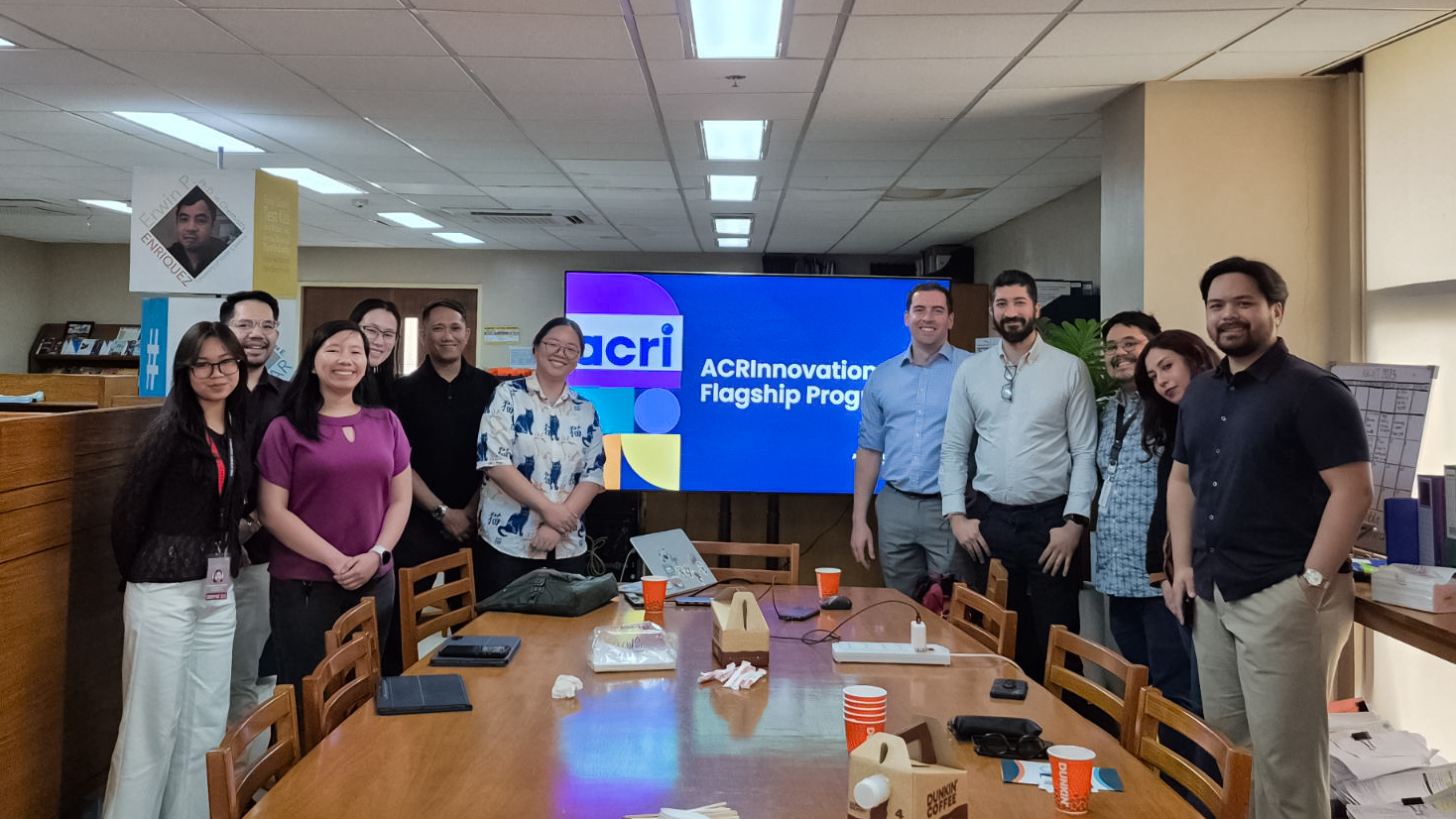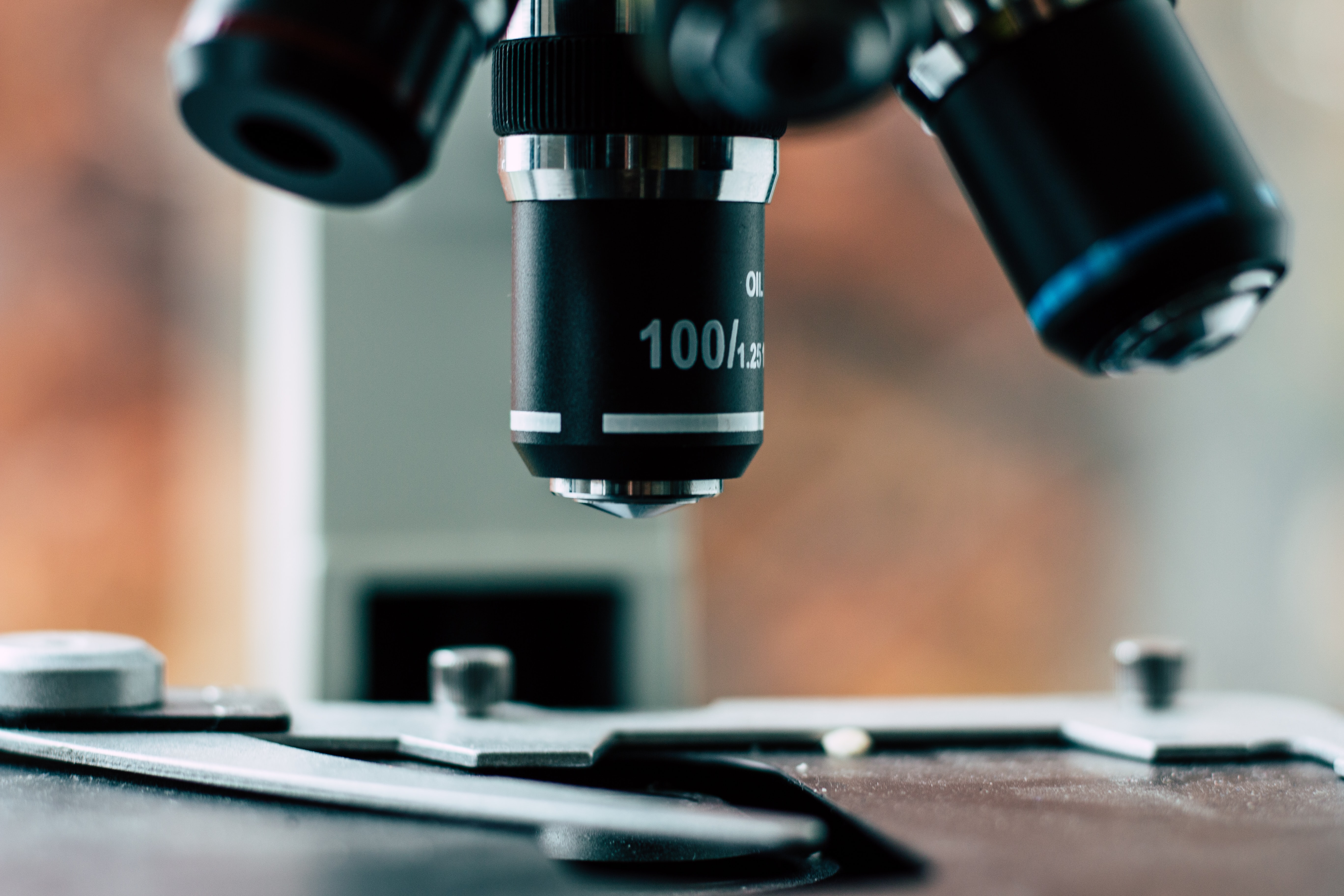
ACRI, ARISE convene global health leaders to map next steps for Philippine innovation
QUEZON CITY — August 8, 2025. The Ateneo Center for Research and Innovation (ACRI), in partnership with Unsilo, Inc. and the Ateneo Research Institute of Science and Engineering (ARISE), hosted an exploratory roundtable with international stakeholders to chart practical pathways for accelerating health innovation from campus to clinic.
The meeting gathered Engr. Kat Usop, MSHI, a clinical R&D engineer affiliated with GinaHealth.co where she focuses on precision digital mental healthcare and a seasoned innovation consultant at the New York Institute of Technology (NYIT), specializing in neurodiverse product design and the gamification of digital health; Pratik Abichandani, Chief International Officer of AGlobal Care, Inc., contributed deep knowledge of pharmaceutical market dynamics through his leadership in expanding the company's distribution network across Southeast Asia; and Kyle McAndrews, Managing Director of Pulse 63 Healthcare Ventures, a venture studio focused on healthcare startups in the Philippines.
Founders of Unsilo, Inc. and scientists of ARISE’s Integrated Protein Research Development Center (IPRDC), Ricardo Guerrero, PhD, Miguel Ordoñez, MSc and Danielle Lapinig, MSc also joined the discussion. ACRI was represented by Annelle Chua, MD, MBA (head of the Innovation Flagship), Ayedee Ace Domingo, MD, MBA (Heartnovation Hub project lead), Jeremie De Guzman, MD, MBA, MSc (senior fellow, Innovation Flagship), and Jenica Sy, MSc (head of Biotech and current HHub manager).
ACRI presented its Innovation Flagship and the Heartnovation Hub (HHub)—platforms designed to help Ateneo researchers validate, de-risk, and translate prototypes into deployable solutions through clinical partnerships, regulatory guidance, and venture-building support. The founders of Unsilo, for its part, showcased the portfolio in protein production, instrumentation, materials science, and biomedicine it has developed under the IPRDC. Alongside these, it is also building the capacity to manufacture personalized, low-cost open-source laboratory instruments—an effort that not only strengthens translational research and industry collaboration, but also supports better STEM education outcomes at the university and high school level, with potential to scale into wider industry applications.
Participants discussed the state of Philippine health innovation, identifying three recurring bottlenecks: getting early funding to test ideas, navigating the regulatory process for new medical products, and having enough support to bring these products to market. The group identified concrete areas for collaboration, including: running joint proof-of-concept studies, providing shared guidance on regulatory pathways, and formally connecting Ateneo project teams with potential investors.
The roundtable underscored the critical importance of the three foundational pillars driving emerging market innovation: universities that drive research, industry players that bring products to market, and venture capitalists that provide the needed funds. By bringing together health venture studios, established companies, and global partners, the Philippines can build a strong and collaborative ecosystem for biomedical innovation. This convergence of academic research excellence, market access expertise, and capital formation represents a patient-centered approach that addresses the full spectrum of healthcare innovation—from laboratory discovery to real-world therapeutic impact.
ACRI and ARISE agreed to scope pilot engagements that connect IPRDC projects with HHub support services and external partners, with a focus on (1) feasibility and usability testing, (2) regulatory pathway mapping, and (3) investment readiness. All parties expressed interest in continuing the dialogue toward formalized collaboration
-

Intelligent Sensors and Monitoring System for Low-cost Phototherapy Light for Jaundice Treatment
A prototype of a low-cost phototherapy light system (LPLS) was deployed by the Ateneo Innovation Center (AIC) at a public hospital in Metro Manila, Philippines.
-

DOST-PCHRD supports AMPLiFieD System to ease bottleneck in COVID-19 testing
The Department of Science and Technology supports the development of a microPCR and lateral flow diagnostic system to enable expanded near-point-of-care testing for COVID-19.
